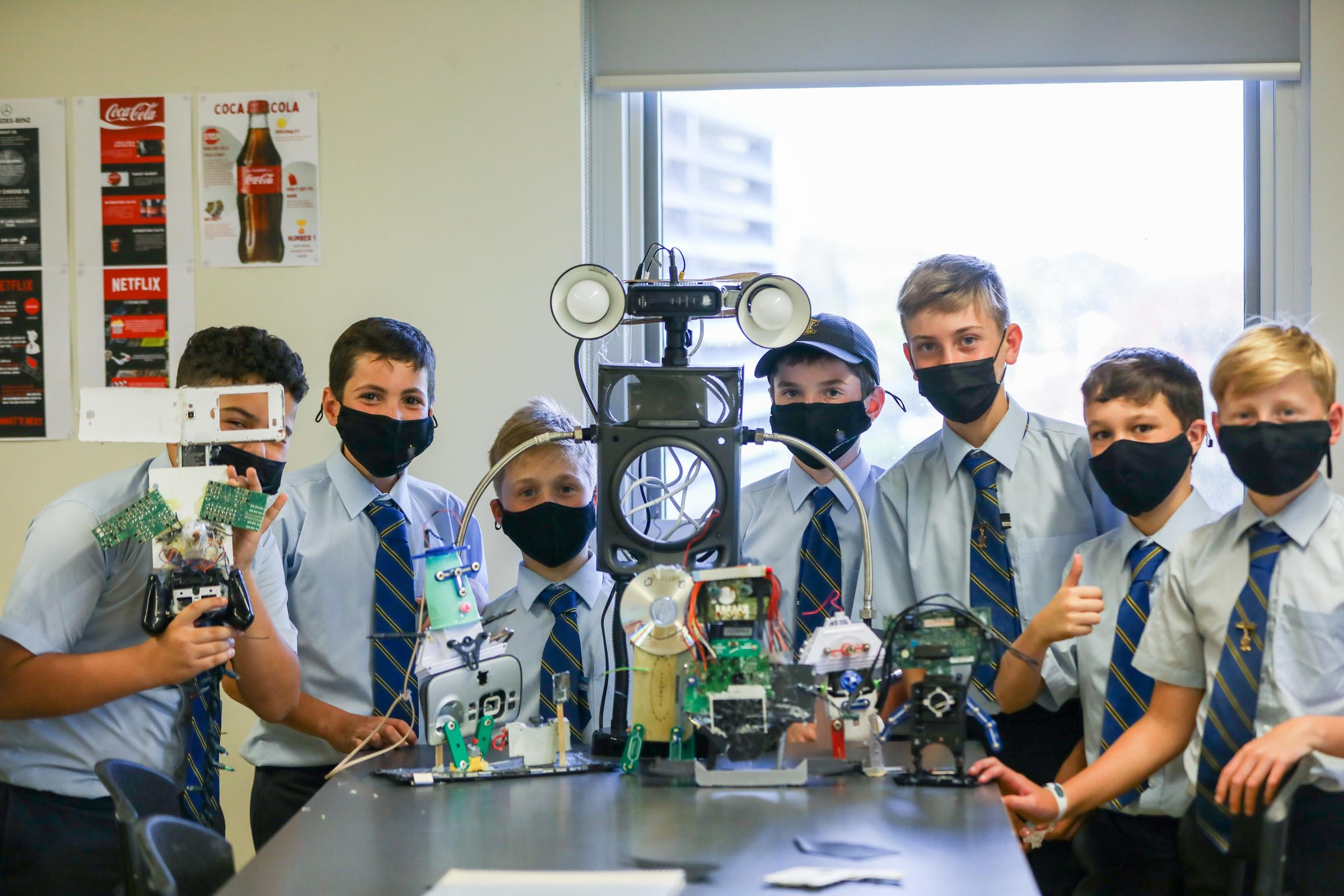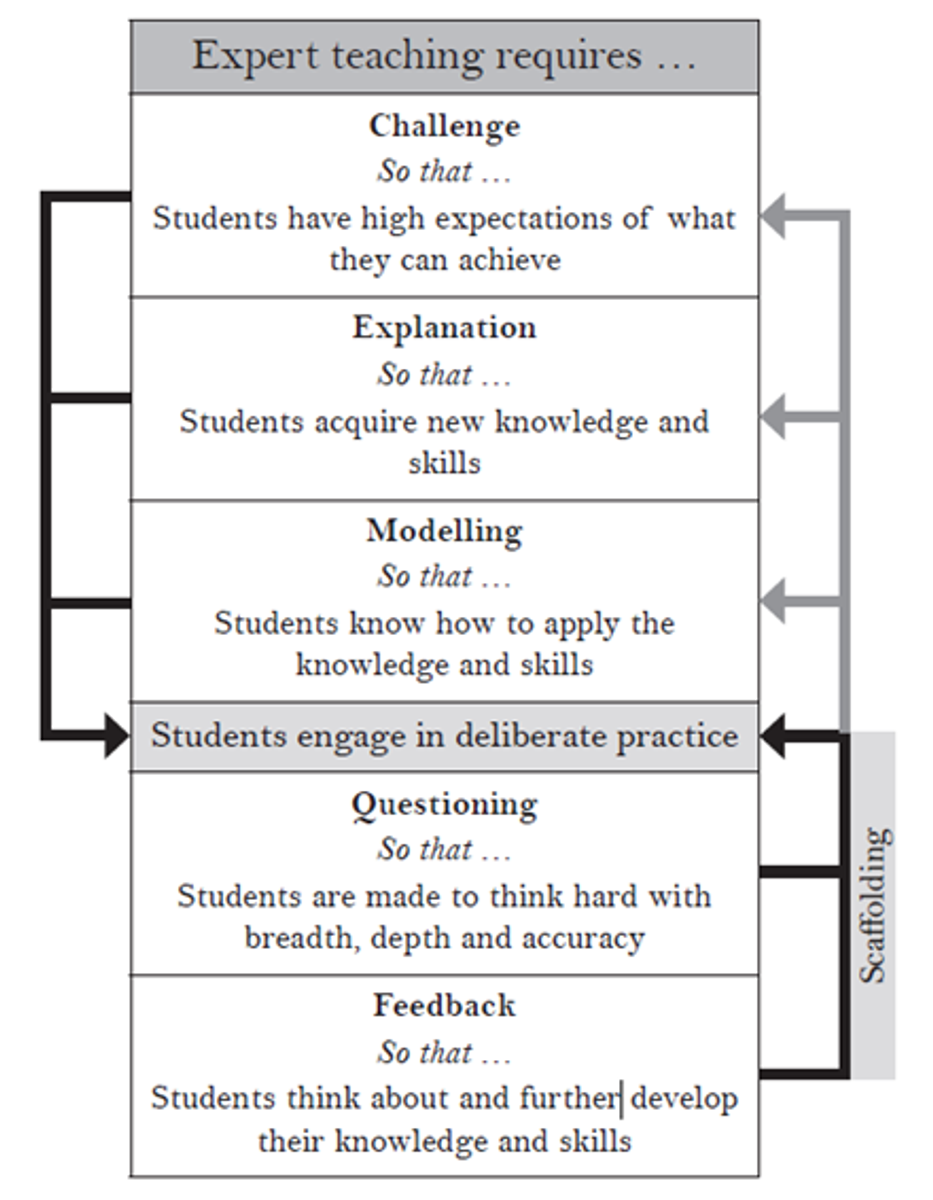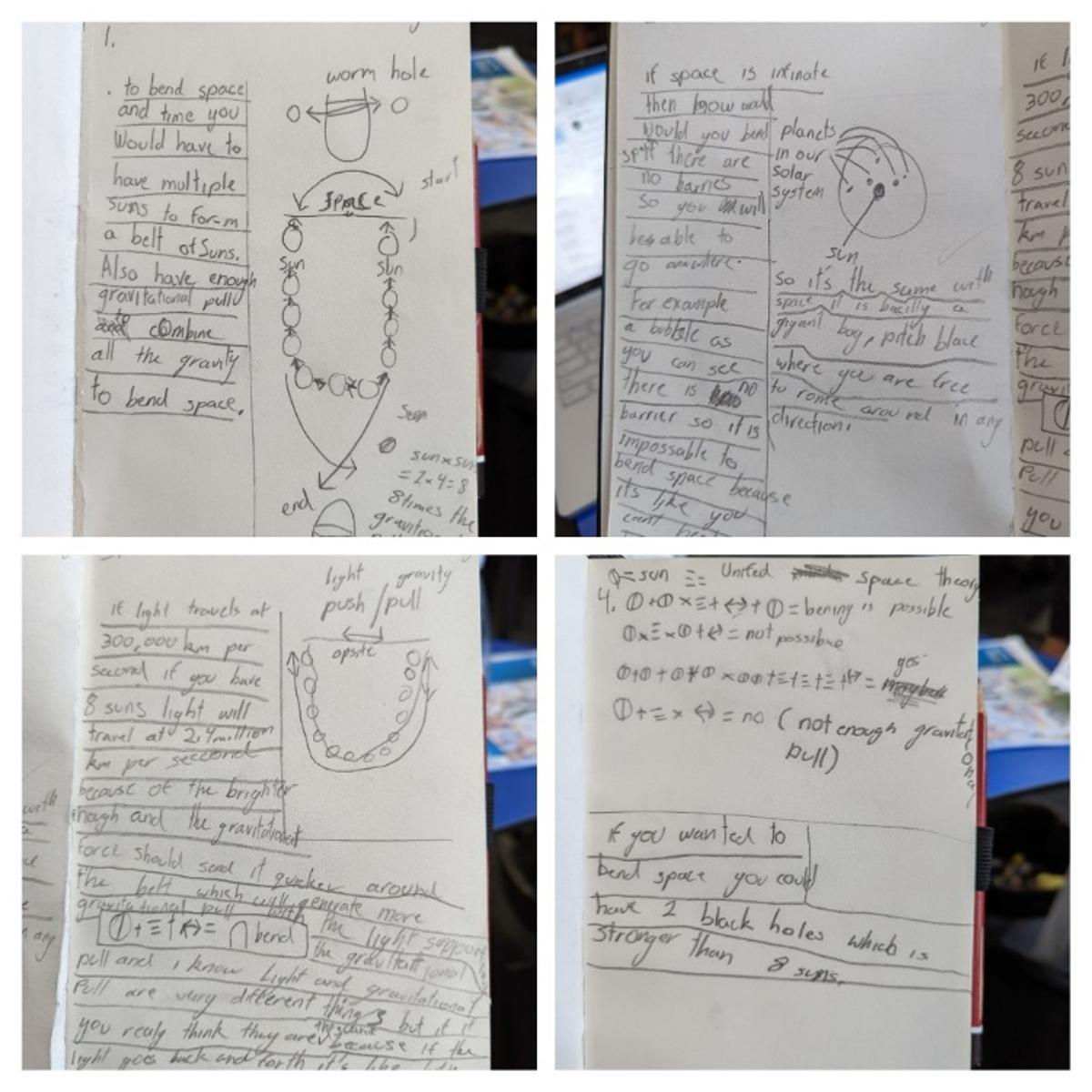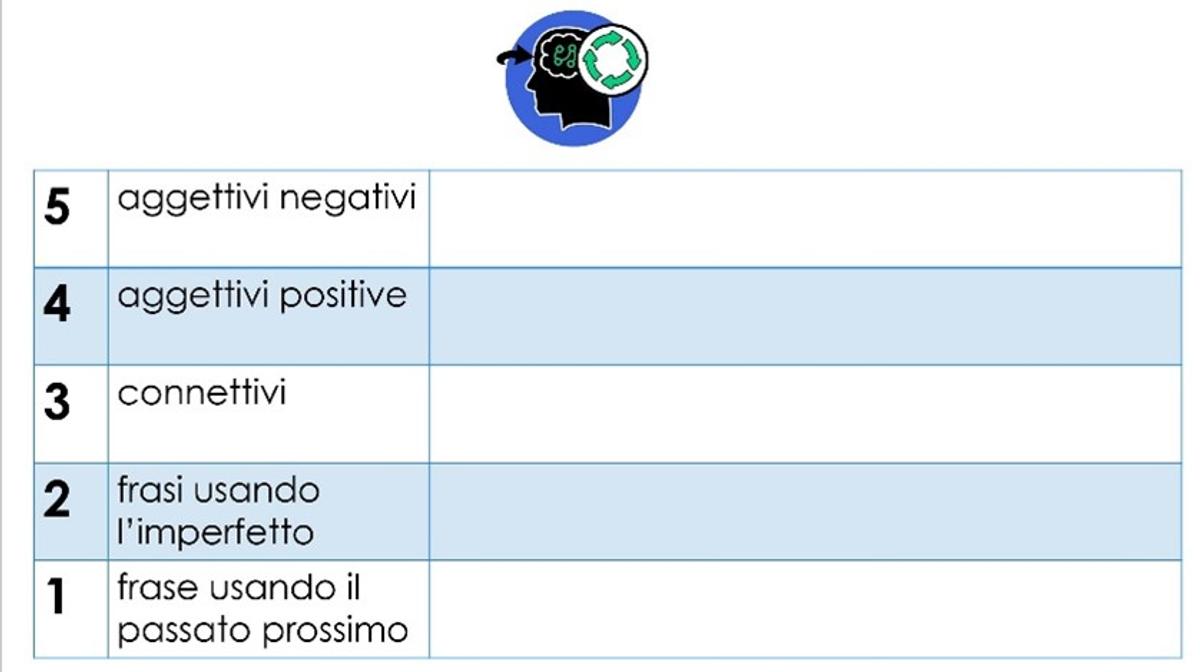Curriculum

Scholastic Malpractice
In last week’s issue of the Especean, I wrote about the College’s Assessment Policy and information regarding assessment in Years 7 to 12 for 2022, now available on Canvas under the respective Year pages.
One area of concern with assessment in all educational institutions is that of malpractice, that is, any activity undertaken by students that allows them to gain an unfair advantage over others. One form of malpractice is plagiarism, which is the act of passing off the words and work of others as one’s own, including one’s own previous work.
Plagiarism invariably leads to a zero mark being awarded for the submitted work. In universities, for example, the consequences for plagiarism are more severe for the student resulting in exclusion from the course and even exclusion from attending other educational institutions.
The problem for some school students is not one of a deliberate intent to ‘cheat’, but one of ignorance; of not being appropriately informed and skilled in the techniques in acknowledging and building upon the work of others within the framework of their own efforts; of not recognising and differentiating between reporting research undertaken and plagiarism.
In particular, Years 11 and 12 represent a giant leap in the expectations, standards and requirements associated with assessment tasks in the Higher School Certificate course. In fact, schools are now required to report instances of malpractice in HSC assessment to the NSW Education Standards Authority (NESA) which may have implications for university entry.
The College goes to great lengths to inform the boys of its scholastic expectations through extensive dissemination of assessment documentation; access to resources in the McGlade Library; online resources on Canvas; online submission of senior assignments via Turnitin; pages 55 and 56 of the College Diary; and in-class implementation during Year 10 of the All My Own Work program, publicly available on the NESA website.
Ignorance, innocent or otherwise, is never taken as a legitimate excuse. It is the student’s responsibility to ensure that the words and work of others, including the student’s previous work, have been appropriately acknowledged in their own work.
As always, the boys are advised to consult with their teachers if they are unsure of whether elements of their work will constitute plagiarism, or any other form of malpractice as outlined in the College’s Assessment Policy.
Michael Cutrupi
Director of Curriculum
Professional Learning: Making Every Lesson Count
Last week we launched our Professional Learning for staff. The six interrelated pedagogical principles that are our focus from Making Every Lesson Count by S. Allison and A Tharby, connect to elements of our Strategic Plan and Learning Framework. Staff are working in professional learning communities within their faculty to ensure the elements of expert teaching are incorporated in all lessons.
Source: Making every lesson count S. Allison and A Tharby
Some examples of how teachers have already incorporated these ideas into their lessons can be seen below:
6 Gold Mr Shore: The Solar System
In our first science lesson the class were investigating the solar system. One of the students asked about the Unified Field Theory. Amazed, I followed this up with questions about what he knew and how he became aware of something like that, that created a buzz in the room. Next minute, we were watching a Michio Kaku clip explaining string theory! It raised such a great discussion and some amazing questions which we recorded and will follow up on. Fast forward to the next lesson and another student had independently come up with his own theories! What?! He had even created his own mathematical equations!
6 Gold: The Solar System
Year 10 Religion Ms Burgess
We have been using the three disciplinary lenses (Theological, Philosophical and Societal) as a way of approaching a concept from different perspectives. In Year 10 we have been examining the idea of morality and responding to the following questions:
| Theological: | Why would God give humans free will, knowing that humans could do evil? |
| Philosophical: | Does having free will truly make us free? |
| Societal: | Is imprisonment an effective way of addressing immorality and crime? (The most common offences for prisoners in Australia as at 30 June 2020 were acts intended to cause injury (23%), illicit drug offences (15%) and sexual assault and related offences (14%) – ABS 2020b) |
Great discussion ensued as students were challenged to consider what free will is, along with the personal responsibility we all have for our actions and the consequences when we abuse our freedom.
Languages
Reflecting on the concept of 'Challenge' within our French and Italian lessons, we want to encourage students to attack the 'struggle zone' with confidence, helping them to understand that struggle enhances, rather than impedes, learning.
Regular retrieval of vocabulary and language structures is essential in language learning, therefore, we worked together to develop a simple but effective lesson starter activity. Using a basic countdown structure, teachers will encourage students to recall concepts taught in prior lessons. The retrieval activity can easily be adapted to any grade, ability level or language.
The reading and discussion also validated our introduction of more challenging question types in younger year levels. If students are introduced to higher order questions requiring more complex responses from an earlier age, they will be better able to meet the challenges of senior study. These questions requiring explanation and inference develop depth, clarity of expression, and a close reading of texts. We are also encouraging students to identify and manipulate language structures, while extending capable students to respond to comprehension questions in the target language where possible.
Janine Timillero
Acting Director of Learning and Innovation



